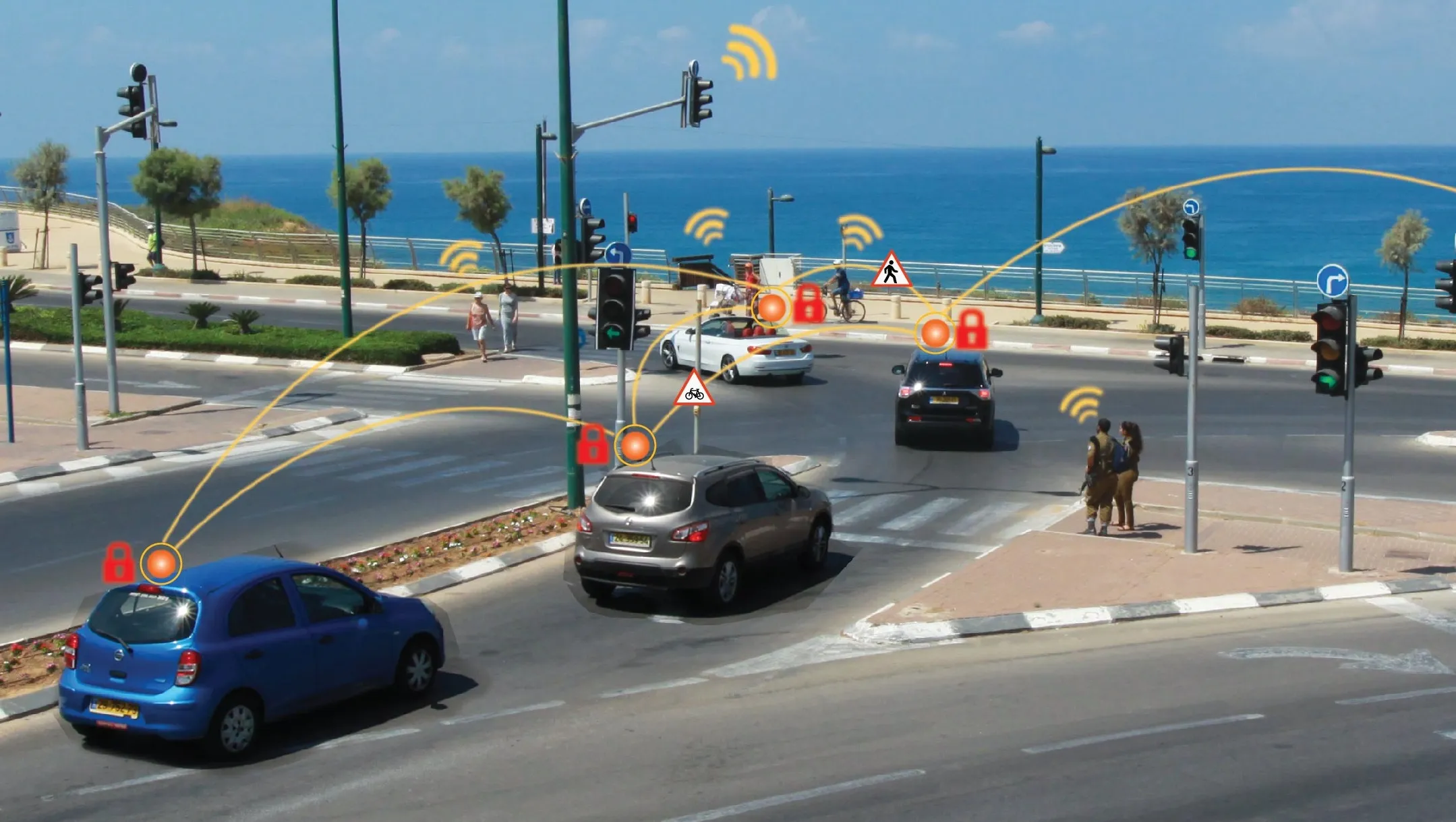New findings from Juniper Research reveal that the annual production of self-driving cars will reach 14.5 million in 2025, up significantly from only a few thousands in 2020, to give a global installed base of more than 22 million consumer vehicles by 2025.
The new research, Autonomous Vehicles & ADAS: Adoption, Regulation & Business Models 2016-2025, found that the market adoption of AV (Autonomous Vehicle) technology is set to accelerate over the next few years, driven by: Increasingly stringent vehicl
November 24, 2016
Read time: 2 mins
New findings from 7194 Juniper Research reveal that the annual production of self-driving cars will reach 14.5 million in 2025, up significantly from only a few thousands in 2020, to give a global installed base of more than 22 million consumer vehicles by 2025.
The new research, Autonomous Vehicles & ADAS: Adoption, Regulation & Business Models 2016-2025, found that the market adoption of AV (Autonomous Vehicle) technology is set to accelerate over the next few years, driven by: Increasingly stringent vehicle safety specifications; Environmental pressures; and Rapid technological developments.
The research found that driverless vehicles will have a disruptive impact on transportation around the world and will ultimately lead to millions of professional drivers being made redundant. Juniper predicts that city-based taxi services will be one of the key early adopters of driverless vehicles.
Research author Gareth Owen added: “The introduction of driverless cars will result in fundamental changes to the automotive world and society in general; and it is clear that the boundaries between private vehicle ownership, car sharing and rental fleets will increasingly become blurred.”
However, the research warned that following the first-ever fatality in an AV vehicle, the recent Tesla S accident in Florida, the AV industry must convince the public that their vehicles are completely safe.
Juniper found that a number of major OEMs including1731 BMW, 1686 Toyota and 1959 GM are accelerating their AV development and testing programmes and now have firm plans to launch production vehicles. As a result, Juniper forecasts that driverless vehicles will start to become widespread in the 2020-2025 timeframe, although they will initially be confined to city centres or key routes due to the need for extensive V2X (Vehicle-To-Everything) infrastructure.
The new research, Autonomous Vehicles & ADAS: Adoption, Regulation & Business Models 2016-2025, found that the market adoption of AV (Autonomous Vehicle) technology is set to accelerate over the next few years, driven by: Increasingly stringent vehicle safety specifications; Environmental pressures; and Rapid technological developments.
The research found that driverless vehicles will have a disruptive impact on transportation around the world and will ultimately lead to millions of professional drivers being made redundant. Juniper predicts that city-based taxi services will be one of the key early adopters of driverless vehicles.
Research author Gareth Owen added: “The introduction of driverless cars will result in fundamental changes to the automotive world and society in general; and it is clear that the boundaries between private vehicle ownership, car sharing and rental fleets will increasingly become blurred.”
However, the research warned that following the first-ever fatality in an AV vehicle, the recent Tesla S accident in Florida, the AV industry must convince the public that their vehicles are completely safe.
Juniper found that a number of major OEMs including







